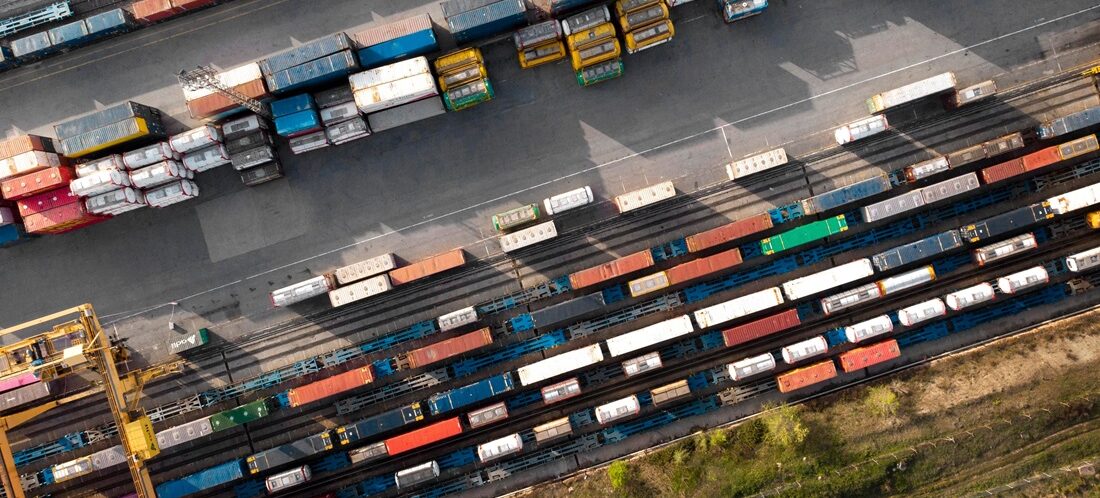
Official Gazette Publishes New Regulation Consolidating Export Procedures in Brazil
Aug, 29, 2024 Posted by Gabriel MalheirosWeek 202435
On Thursday, August 29, the Brazilian Official Gazette featured a new directive from the Secretariat of Foreign Trade (Secex) within the Ministry of Development, Industry, Trade, and Services (MDIC), consolidating and streamlining 30 previous regulations governing export administrative procedures in Brazil into a single normative act.
Last year, a similar directive was issued to simplify import procedures, and according to Tatiana Prazeres, the Secretary of Foreign Trade at MDIC, the next step is to merge both export and import processes into a single regulatory instrument, simplifying and organizing Secex’s body of rules.
“Measures like this reinforce the government’s commitment to efficient regulatory management, always with the aim of facilitating operations and enhancing the competitiveness of Brazilian companies,” emphasized Tatiana Prazeres.
With the publication of this new directive, all previous regulations on the topic, including Ordinance 23/2011—which had been the primary regulatory reference for foreign trade operations for over 10 years—are revoked.
This measure follows best regulatory practices and marks a new phase in the consolidation process of foreign trade operation rules, particularly those related to licensing and rules of origin. “The consolidation aims to provide simplified access for operators, promoting more efficient, transparent, and secure regulation,” Prazeres added.
Update
The directive published today updates Secex Ordinance 19/2019, which established the mandatory issuance of export licenses and authorizations by participating agencies through the Single Foreign Trade Portal. The update enhances these rules and improves administrative efficiency.
Additionally, Ordinance 249/2023, which pertains to imports, regulated the Flex License, reinforced efforts to combat fraud by authorizing investigations into irregularities, and mandated the use of the Digital Certificate of Origin for exports to Colombia, replacing the paper certificate.
“These two ordinances form the regulatory pillars of a framework that aims to simplify while ensuring the integrity of Brazilian foreign trade,” concluded Secretary Prazeres.
-
Shipping
Sep, 28, 2021
0
Maersk Container Industry to be sold to Chinese container manufacturer
-
Ports and Terminals
Jun, 28, 2023
0
Agribusiness brings Port of Santos to yet another record in May
-
Ports and Terminals
Dec, 19, 2022
0
SPA signs contract with transferee to take over Port of Santos’ train track
-
Grains
Apr, 27, 2022
0
Rice exports exceed 450,000 t in Q1, says Abiarroz



